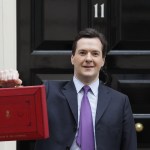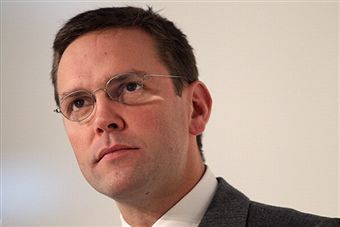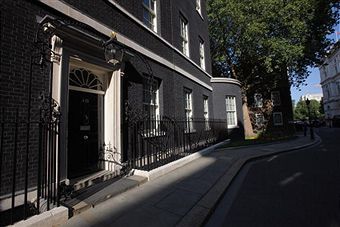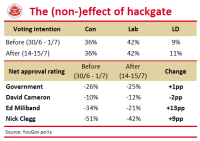How do you measure cuddles?
There’s been a lot of fuss about this morning’s GDP numbers, but if David Cameron has his way we’ll soon be fretting about an entirely different set of statistics. The Prime Minister has given the data-crunchers at the Office for National Statistics a new mission: measure the nation’s well-being. The idea is to create new stats to accompany economic figures like the Gross Domestic Product as an additional gauge of how well things are going in the UK. It’s an idea that makes a great deal of sense. After all, the shortcomings of GDP are well-known. As Bobby Kennedy put it back in 1968: “It measures neither our wit nor our




















